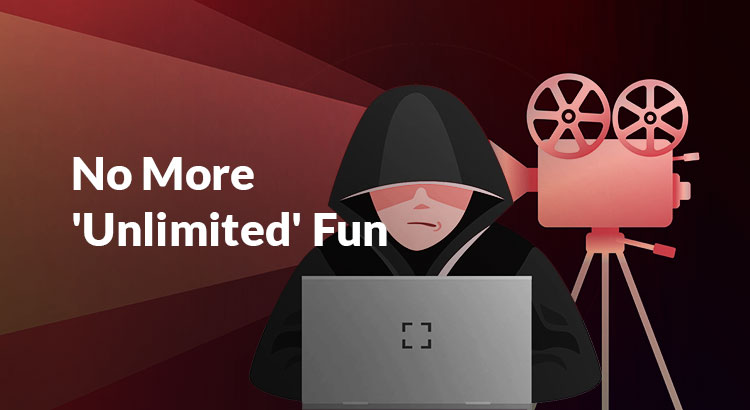Overview
When an organization suffers a data breach or other anomalous incident, how does the news reach the world? We all know that the media and entertainment industry plays the key role here. But what happens if the media organization itself is affected? It’s time to understand cyber security concerns and challenges in this industry as well.
The IT Security Paradigm
The Media & Entertainment industry nurtures a preconceived notion that this industry bears less risk of cyber threats. This lackadaisical attitude gives ample scope for cyber criminals to explore the vulnerabilities and breach data. A couple of years back, the ‘fame’ and ‘popularity’ of a global producer of movies and web series turned ‘ill-famed’ after their streaming service went live without the knowledge of the organization. The hackers actually compromised the site’s users by stealing their user credentials, changed all their passwords and logged off from all the devices to take control of the activities and huge amounts of data.
Just before the pandemic hit the globe, this incident turned out to be an eye-opener for the global cyber security community. However, after multiple levels of scrutiny, the truth got revealed that entertainment companies have their own set of security challenges that were ‘ignored’. The hackers group found it luring and took the best advantage out of it by launching data breaches, creating data cloning, compromising user accounts, using impersonations and more.
The IT Risks
The entertainment industry has come a long way from electronic modes to digital modes where production houses migrate their broadcasting services towards online content and streaming services. As a result, the risk of hacking, data theft and potential damage of reputation increases daily. Here are some predominant IT security threats that can damage the organization beyond recovery.
Insider Threats: Insiders with easy and regular access to the ‘not-yet-released’ content bear the risk of leaking information to file-sharing servers. Most of the time, media companies lack any seamless user monitoring mechanism that increases the risks. When ‘trusted’ insiders remain involved in the malicious act, it invariably takes long to detect the malpractice or rather the source of it.
Cyber Sabotage: Group of hacktivists or organized cyber criminal groups attack media organizations to steal data, malign reputation and manipulate information of terrorism, religious fundamentalism, political idealism or simply spread baseless rumours. Organizations face real pain to deal with the consequences of such incidents.
Inadequate Public Scrutiny: Hundreds of public emails are inboxed in organizations’ official email everyday. It could be service feedback, service requests, complaints and more. In case of running contests, organizations check responses in the emails to decide the winners. Phishing threats loom large here. A potentially harmful email in disguise of an appreciation email could be disastrous if opened and clicked.
State-sponsored Threats: In order to stop spreading of controversial entertaining content, government-authorized ethical hacktivists compromise every access point. On several occasions, the media organizations face legal consequences as well in this regard and face financial and reputational setbacks.
Non-Compliance: The rules and regulations of global compliance standards are applicable to every industry including media and entertainment. Hence, in case of any data breach incident, the organization could surely be charged with non-compliance penalties. It raises financial stress and has adverse effects on the business future.
Security Measures
Cyber security in the entertainment industry is crucial because a vast number of users are habituated today with online services. Hence, a robust IT security is the only key to stay above from the predominant cyber threats.
- A seamless monitoring of the end-users accounts round the clock can help the organizations to keep a track of who is accessing critical information at what time and for what purpose.
- Proper prioritization and segregation of data assets is highly critical. Along with that, determining the access control mechanism of every database as per rule and role can minimize the risk of unauthorized access.
- A robust mechanism to authorize and authenticate the user before allowing access is mandatory to ensure secure access.
- All the privileged set of identities that are gateways to most confidential information such as action plan for streaming services, upcoming productions etc. should have ‘Just-In-Time’ privilege policy to ensure privileged access only when it is required and not round the clock. It strengthens access control policy and protects confidential data.
- Following the global compliance mandates by following the best IT security practices can keep the organizations away from cyber threats.
Conclusion
As the media and entertainment sector grows to their digital potential and expands their online presence, it is highly recommended to protect their members, customers, partners and other associates and governing bodies. Today, it is one of the most profitable industries across the world provided it has the best IT security practices. Hence, organizations should invest time and money to strengthen cybersecurity and mitigate emerging IT risks.

